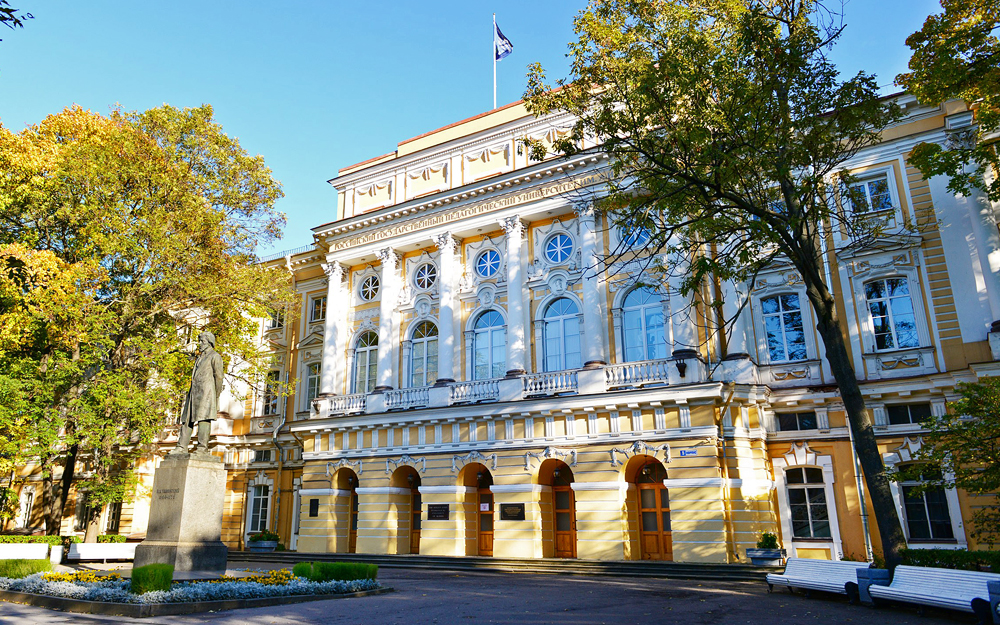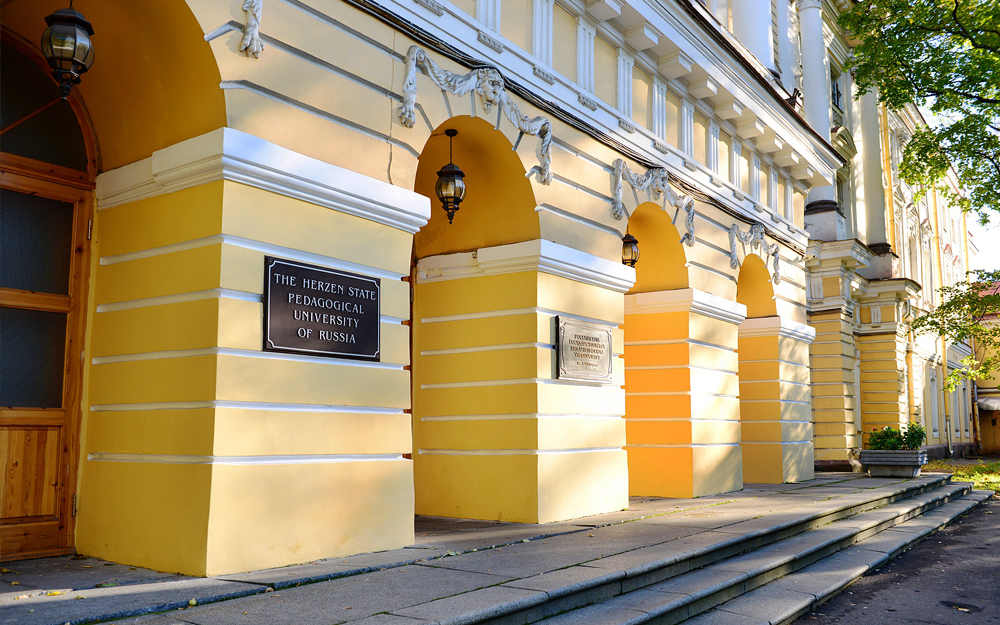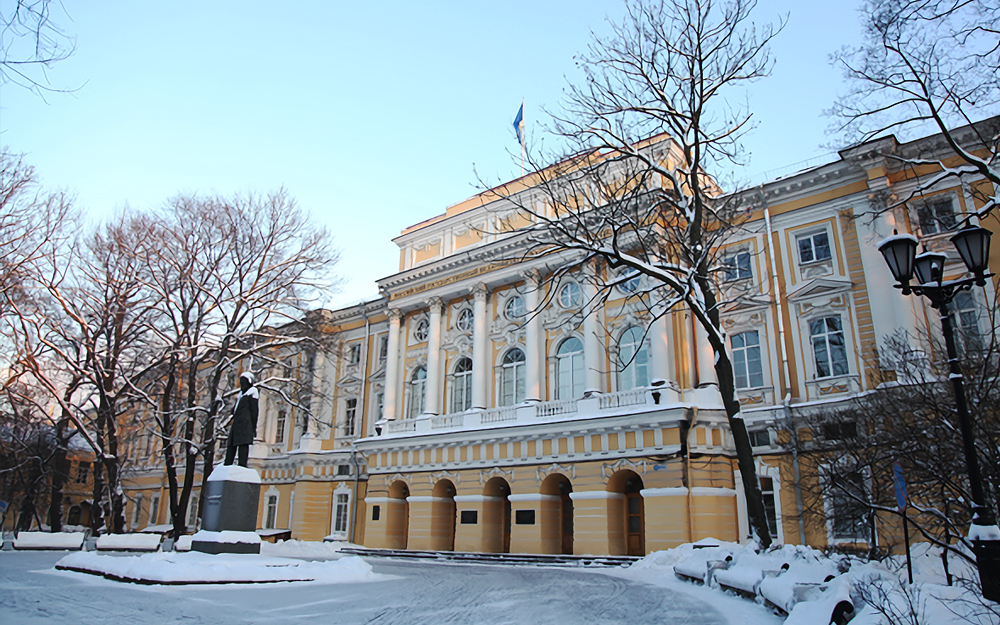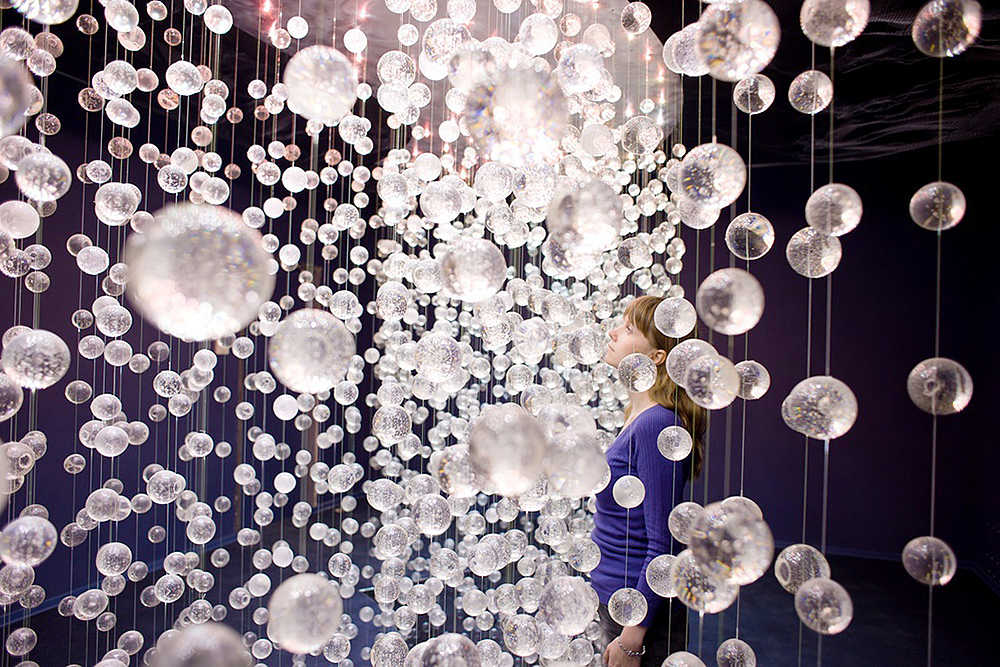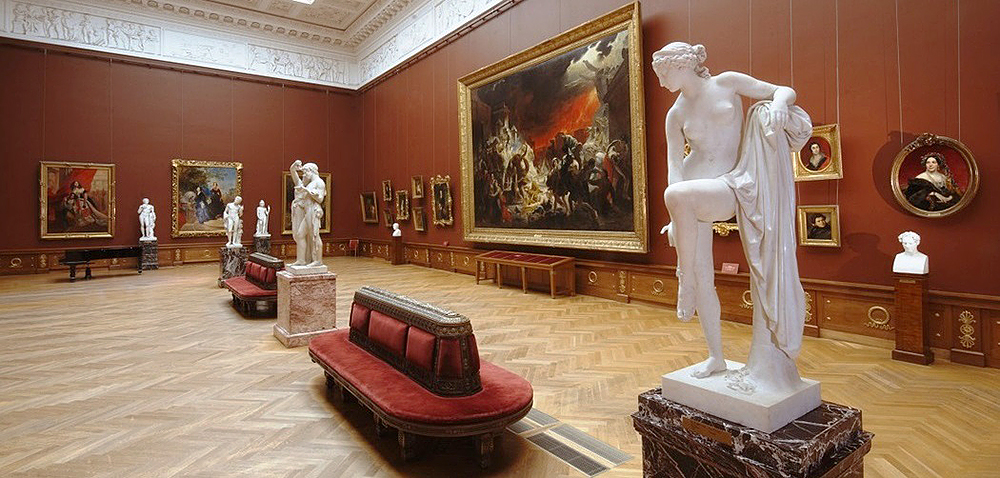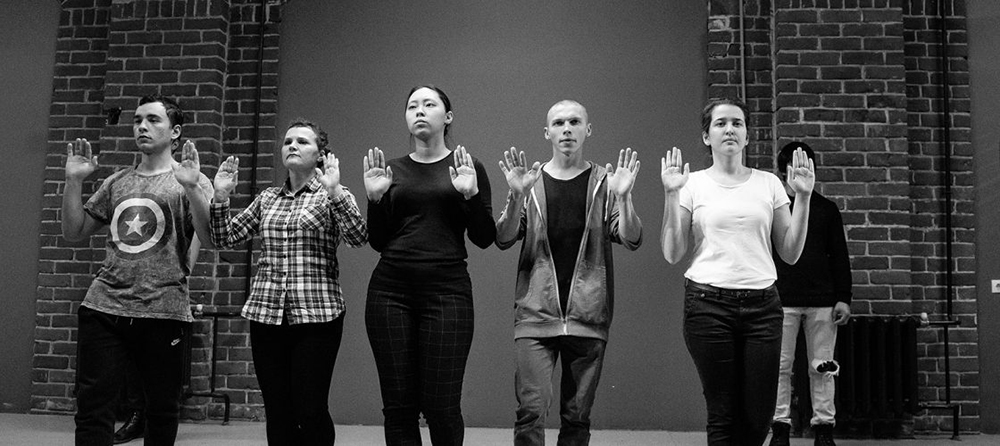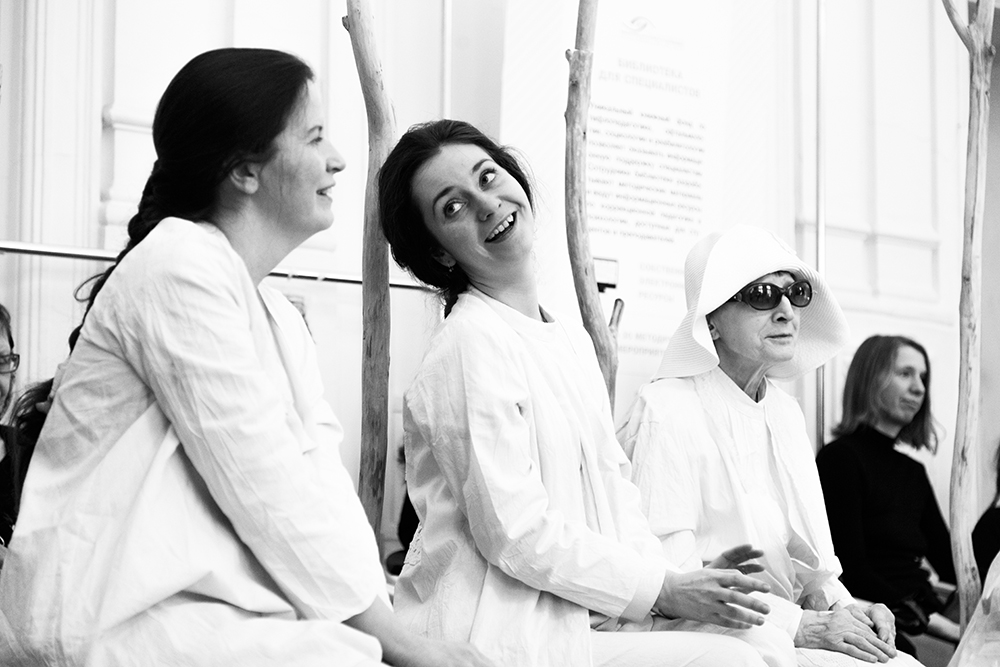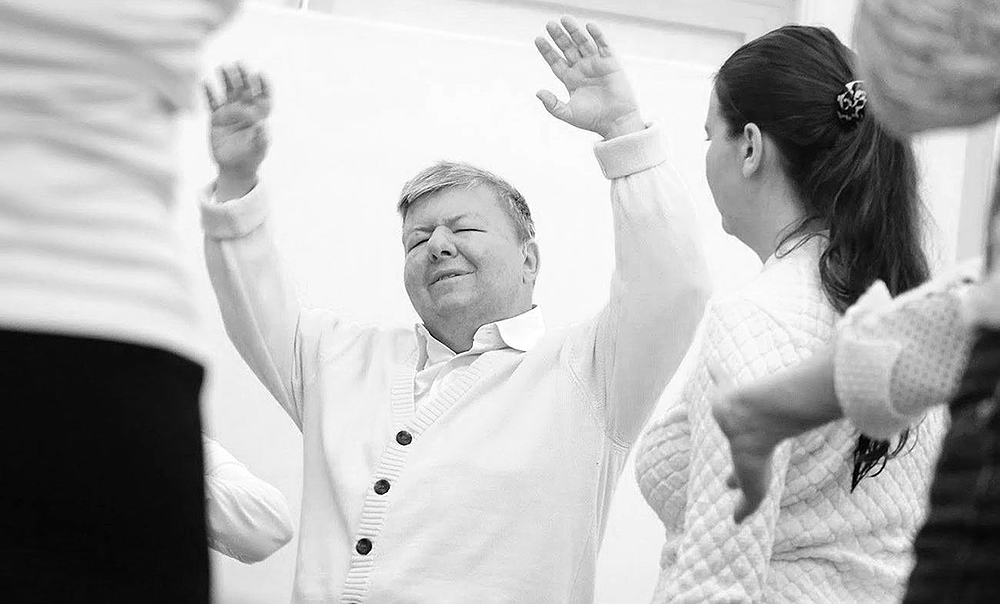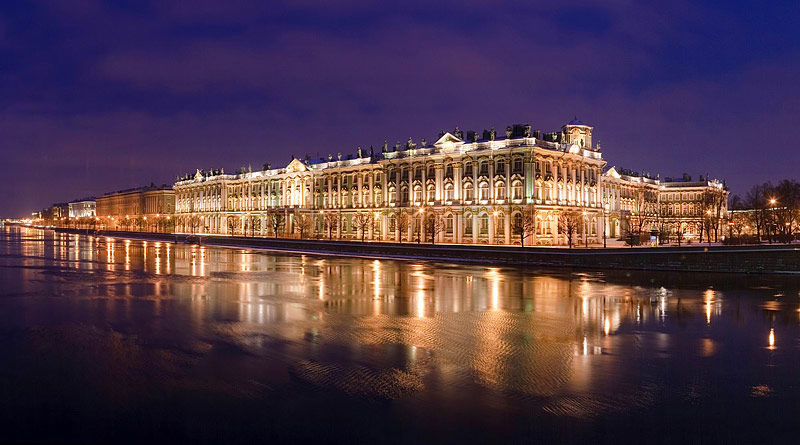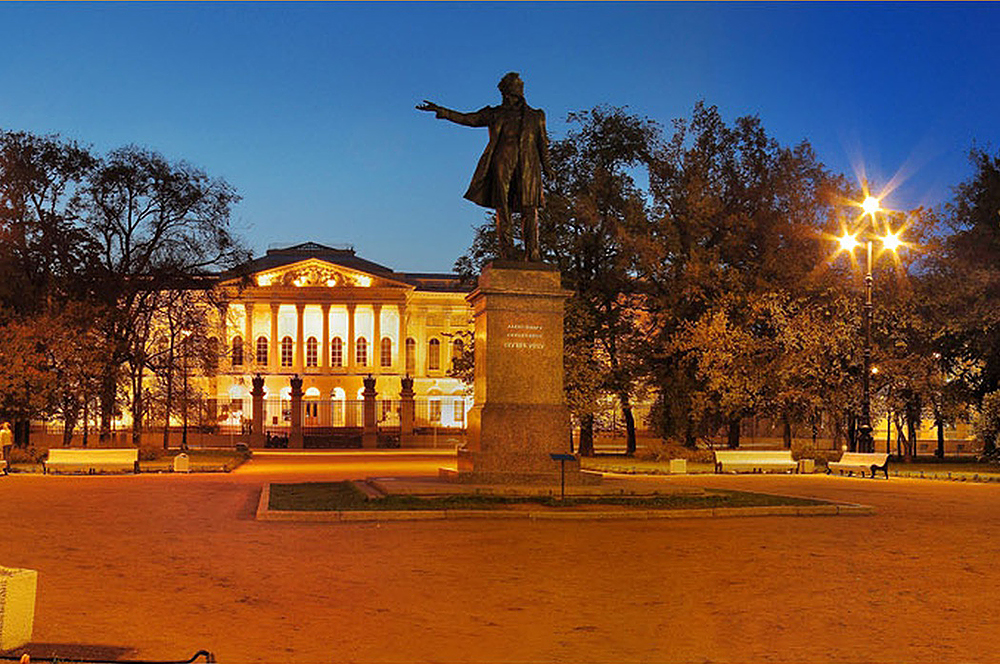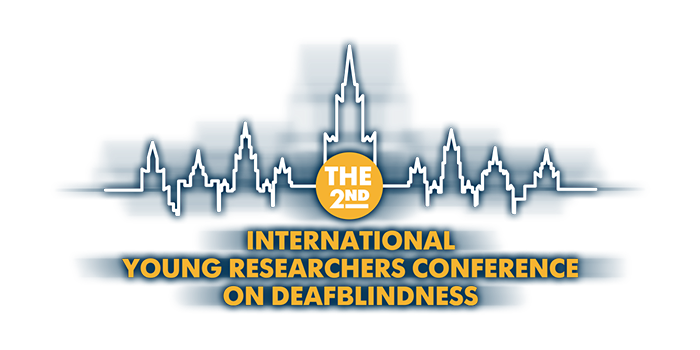
23-27 November 2019
Saint-Petersburg
Russia
2nd International Young Reseachers Conference on deafblindness
Conference Report: Presentations, Video and Photo sets (one, two, three, four).
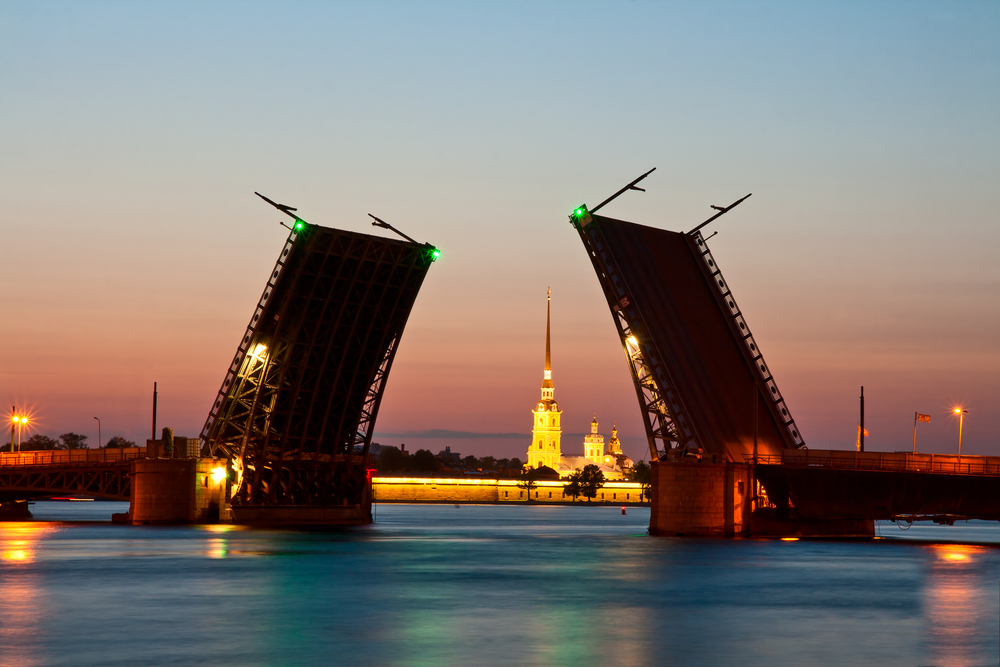
This year the conference will be held at the amazing and cultural capital of Russia – Saint Petersburg.
The conference is a big event for talented students, graduate students and young scientists from Europe, Asia, America and Russia who are interested in research issues related to dual sensory impairment/deafblindness.
The main aim of the conference
The main aim of the conference is to give the opportunity to young scientists within the field of deafblindness to share experiences and to help create an international network of young scientists in working towards interdisciplinary research to meet the demand of challenges in the field of deafblindness.
- Students and young scientists from all over the world will be able to give presentations and to share their research work on that involve different clinical, theoretical and practical issues related to help people with dual sensory impairment/deafblindness.
- All participants are invited to the plenary lectures of well-known researchers within the field of deafblindness.
- All participants will have the opportunity to meet with adults with deafblindness and parents of children with dual sensory impairment/deafblindness. This will give both researchers and practitioners a better understanding of the needs which are related to deafblindness.
23, 24 November – a conference devoted to youth with deafblindness with ability to participate in art workshops, excursions, team-building exercises, creative dramatic training and etc.
25 November – Young Adult Deafblinds and Researchers will jointly participate in a program that provides facilitated activities for networking, building relationships, identify/discuss emerging challenges in the field of deafblindness and participate in the design future studies.
26, 27 November – are for young researchers to share their experiences in the field, present their research, discuss their shared as well as country-specific developments in educating and support individuals with DB. In addition, participants will have an opportunity to learn from the leading experts in the field of deafblindness who will present plenary sessions and workshops:
How it was last year
Here you can see how it was last year.
Scientific Committee
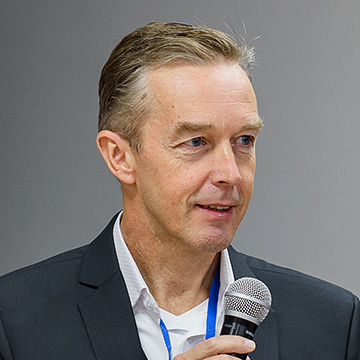
Frank Kat
15 years of experience in the field of Deafblindness, working with a very wide range of people and organisations, mainly education, but also research and care. Frank has worked internationally, as a member of the Board of Deafblind International and being active as treasurer and Vice president of DBI. He has been the director the Deafblindness Centre of Excellence of Royal Dutch Kentalis in the Netherlands. Frank has a special focus on the development of children and information and communication technology.
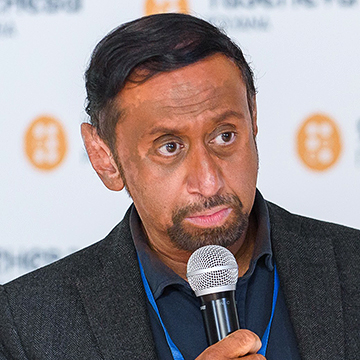
Dr. Jude Nicholas
Сlinical neuropsychologist and consultant psychologist attached at Haukeland University Hospital and at Statped Vest center for special needs education in Bergen, Norway. He has some 25 years of clinical and research experience working with children and adults with sensory impairment, including persons with congenital and acquired deafblindness. He has a longstanding interest in syndromes with sensory impairments, and his current research investigates the neuropsychological functions of tactile cognitions, particularly in persons with deafblindness. Dr. Nicholas is a member of the Norwegian professional team involved in the identification and diagnosing of deafblindness. He was the chair of the scientific committee for the 9th European conference on Deaflindness in Aalborg, Denmark in 2017.
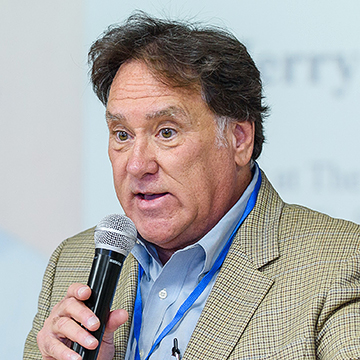
Jerry G. Petroff
PhD Professor at The College of New Jersey (TCNJ), School of Education in the Department of Special Education, Language and Literacy. His experience working on behalf of students, youth and adults with disabilities and their families spans several decades. Holding a doctorate in psychological studies in special education, and a master’s degree in speech pathology and audiology, he has developed expertise in inclusive education, early communication, social network development, assistive technology (augmentative and alternative communication), and the transition of students with disabilities from school to adult life. Dr. Petroff’s specific focus for the past 40 years has been in the area of development and education of infants, children and youth with deafblindness. More recently, he has worked under the mentorship of the late Dr. Jan van Djik in development of materials associated with Child-Guided Assessment; conducting research regarding fathers of children who are deafblind; and the pos-school lives of youth with deafblindness. In addition, Dr. Petroff is the Executive Director of TCNJ's Center for Sensory & Complex Disabilities, which is a technical assistance, training and research institute dedicated to topics related to individuals who are deaf, blind and deafblind.

Susan Bruce
Susan Bruce, Ph.D. is a Professor and Department Chair of Teacher Education, Special Education and Curriculum and Instruction at Boston College. Susan’s primary research interests are communication/language/literacy development and assessment in learners with multiple disabilities, especially learners who are deafblind. She has published 32 peer-reviewed articles that are specifically about research in deafblindness, including collaborative and participatory action research studies. Additional publications are in the fields of severe and multiple disabilities, visual impairments, and deafness/hard of hearing with additional disabilities.
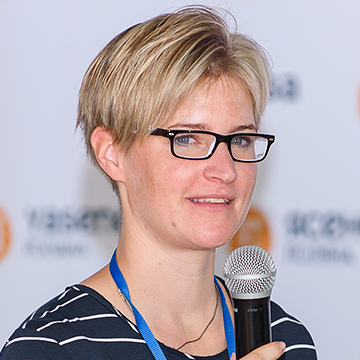
Andrea Wanka
Dr. phil., Сomissioner for Deafblindness at the stiftung St. Franziuskus Heiligenbronn. She is mostly working with congenital deafblind, but has also specific knowledge and experience on acquired deafblindness. In her PhD she analysed early parent-child-interactions with children with CHARGE Syndrome, since then she is focusing on CHARGE Syndrome in her work. She got the Young Professional Leadership Award from DbI. She published five books on CHARGE Syndrome in German language, one in English language and on in German language on Usher Syndrome.

Alina Khokhlova
Assistant professor in Moscow State University of Psychology and Education. Psychologist in Deafblind Support Resource Center. About 15 years worked as a psychologist in the School for the Deaf, Home Department for children with multiple disabilities. Has more then 25 publications in Russian. Main topics are cognitive development of the Deaf, sign language and communication, communication in families with deaf and deafblind children.

Saskia Damen
Works as an assistant professor special needs education/deafblindness at the University of Groningen in the Netherlands. Dr. Damen also works as a senior researcher at Royal Dutch Kentalis and is a core project member of the National Resource Center Deafblindness in the Netherlands. She has over 20 years of work experience in the field of multiple disabilities and deafblindness and has published several articles, books and book chapters.
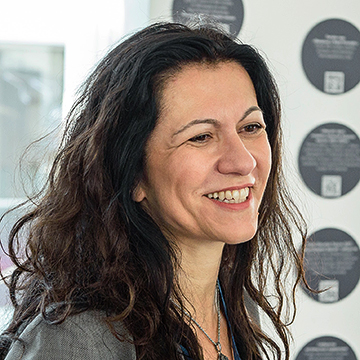
Darija Udovicic Mahmuljin
Regional Director Europe & Eurasia at Perkins International. Has over 20 years of experience of working in the field of multiple disabilities, visual impairment and deaf blindness. She is an experienced director with a history of international activities, leading projects and research. Darija has extensive knowledge and experience in deafblindness and multiple disability assessment, early intervention and educational programs. She has established program that provides highly specialized and comprehensive services to children with visual impairments and other multiple disabilities as well as deaf blind children and young adults. Until recently she has been a director of that program - Mali dom – Zagreb that is nowadays regional resource center providing education for other professionals in the fields and carrying out number of research projects where professionals from different scientific and academic background work together on different range of topics related to the improvement of the education and rehabilitation of infants, children and young adults with neurodevelopmental delays, sensory impairment, deafblindness and multiple disabilities.
Registration
Deadline of registration to the conference and abstract submission is extended to October 10, 2019.
November 23, 24 – a conference devoted to youth with deafblindness with ability to participate in art workshops, excursions, team-building exercises, creative dramatic training and etc.
November 25 – Young Adult Deafblinds and Researchers will jointly participate in a program that provides facilitated activities for networking, building relationships, identify/discuss emerging challenges in the field of deafblindness and participate in the design future studies.
November 26, 27 – are for young researchers to share their experiences in the field, present their research and discuss their shared as well as country-specific developments in educating and support individuals with DB. In addition, leading experts in the field of deafblindness will present plenary sessions and workshops.
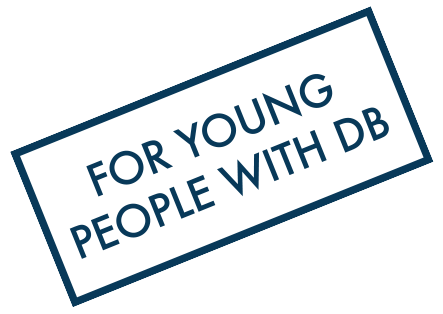
Registration to PRE-Conference
November 23-25, 2019 (for young people with DB)
- The registration fee for the Pre-conference the is not required.
- Youth with deafblindness should be interested in new experiences within the global community and have a desire to make new friends.
Registration confirm free access to all events, excursion and activities on November 23-25, includes:
- Conference Bag and Program.
- Coffee-breaks and lunches.

Registration to Professional's days of Conference
November 25-27, 2019 (for specialists)
The registration fee for the Professional's days is 100 Euro, includes:
- Free access to all events, excursion and activities.
- Conference Bag and Program.
- Coffee-breaks and lunches.
- Access to conference proceedings after the event.
Parameters for Participation (Young Researchers):
- Applicants must be young professionals who are interested and/or currently engaged in research within the field of deafblindness (it`s not important to have a great deal of experience in the field and a participant can be newly engaged.
- Proposals may include presentations reflecting both large or small (single case) studies representing various fields (e.g. psychology, pedagogy, medicine, physiology, social work, etc.)
Presentation Categories (Young Researchers):
- Master Class Presentation: The Master Class is a 20-minute presentation of original research or practice relative to individuals who are deafblind and supported by current/emerging evidence.
- Short Message Presentation: The Short Message venue reflects a 5-7-minute presentation of original research or practice and/or an emerging research/practice idea or concept.
- Poster Presentation: Posters are an excellent opportunity to demonstrate the use of an emerging innovative practice, typically in the early stages of development.
Step 1. Registration
To participate, please fill in the registration form below, choose the form of participation and submit abstracts until September 30, 2019.
Register Now – Professional’s Days
Step 2. Payment
Venue
The conference venue is The Herzen State Pedagogical University of Russia – one of the famous and oldest universities in Russia.
The main area of the University is located in the historic center of St. Petersburg and was included into UNESCO World Heritage List in 1990. It is a unique architectural palace and park complex built in XVIII-XIX centuries specially for educational institutions. Famous architects took part in its construction: Francesco Bartolomeo Rastrelli, A.F. Kokorinov, J.B. Vallin de la Mothe, D. Kvadri, P.S. Plavov.
The fantastic location of the conference venue will let you enjoy the significant architecture, amazing history, and wide infrastructure of the city with its shops, museums, and cafes.
Venue address:
Entrance to the University – Kazanskaya street, 3
Subway station «Nevskiy Prospekt» – 10 min walk
Subway station «Admiralteyskaya» – 15 min walk
Social Events
November 24
City-Tour for young persons with deafblindness
You will be able to learn about one of the world's most beautiful cities – St. Petersburg, its extraordinary history and rich cultural traditions and visit one of the museums.
November 25
Drama training
There will be workshops for all the participants in the directions of acting vocals, stage speech, acting, motion, and music.
Performance of Russian inclusive theater school «The nights of Kholstomer»
The performance grows out of the actors’ improvisation on the themes of the novel «Kholstomer» by Lev Tolstoy.
A pinto foal is born: will his mother love him, despite the spotted skin? How does it feel to be a young, strong horse and belong to a cruel master? To be loved and to be driven? «Nights of Kholstomer» is a performance-discussion about motherhood, the strength of youngness, support for the herd, love, and fatigue. The use of improvisation allowed the actors to fill the performance with their own view of social problems and the philosophy of life, and most importantly, with their love for the foal, who still does not know what «piebald» means.
The play involved deafblind persons and hearing actors.
November 26
Night City-Tour for specialist
Tour along the spectacular floodlit monuments. Magical and magnificent by night, a drive through Saint Petersburg and its beautiful illuminated buildings should not be missed by any visitor of the northern capital.
November 27
Closing dinner and dancing party
Address: Bts Lenizdat, Fontanka river embankment, 59 А
Entrance is under the arch.
All events are free for conference participants.
Hotels and Visas
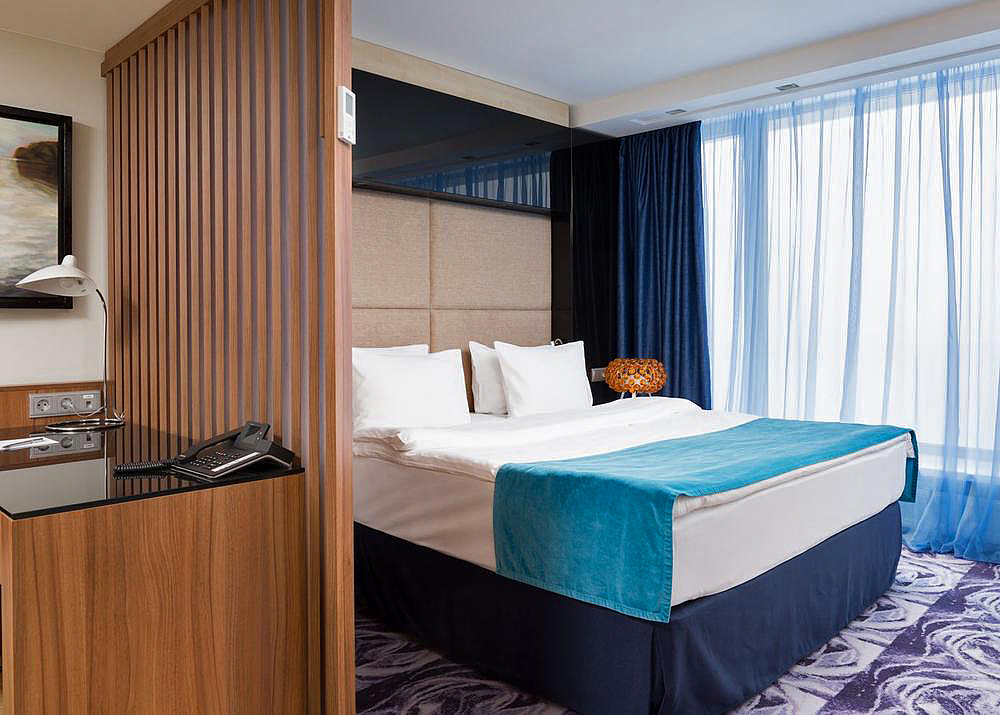
Hotel Gutenberg
15 min walk to the venue, €40-50 per night
Hotel Herzen Houze
15 min walk to the venue, €60 per night
Hotel Rakhmaninov
5 min walk to the venue, €60 per night
Hotel Adagio
15 min walk to the venue, €50 per night
Hotel Amigo
5 min walk to the venue, €30 per night
Russian Visa Documents
The vast majority of foreign travelers wishing to enter the Russian Federation must bear a valid Russian visa.
- Due to the Russia-EU visa facilitation agreement, most of the Europian citizens may apply to Humanitarian visa to enter Russia.
All information on how to obtain a Humanitarian visa you can find here
To get visa support letter (invitation from the conference organizers) please send the request to Katerina Yaritskaya (Адрес электронной почты защищен от спам-ботов. Для просмотра адреса в вашем браузере должен быть включен Javascript.) - For the citizens of other countries, we recommend obtaining a TOURIST visa to the Russian Federation. In that case, you need to indicate the purpose of visit the Russian Federation as a TOURISM in all your visa application forms.
To get visa support for a tourist visa you have to book a hotel and request it for visa support documents (invitation). Usually, hotels make that service promptly and free of charge. - Please note: It is now standard practice for US citizens to be issued with a three-year multi-entry visa for all trips to Russia. The procedure is the same as for applying for a standard 30-day travel visa.
- How Long Does It Take to Get a Russia Humanitarian Visa?
The average processing time for a Russia Visa is 10 days. Yet, the processing can take from seven to 20 working days. If you need the visa within a short period, you can apply for expedited processing. It takes three working days to process and costs quite more than normal processing.
Contacts
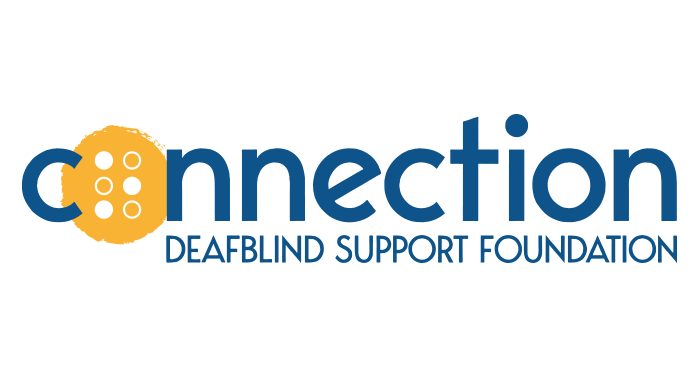
The Russian Deafblind Support Foundation «Con-nection»
in collaboration with
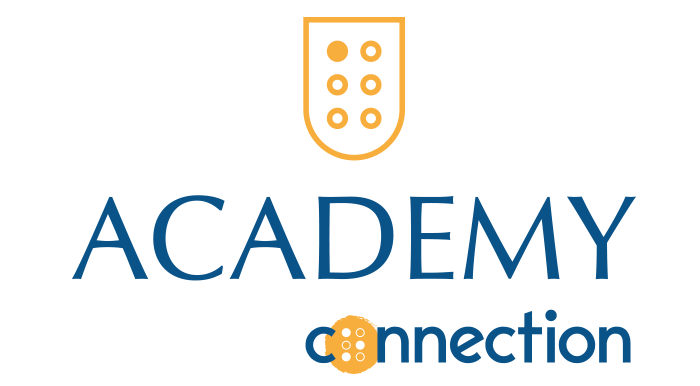
The Deafblind Support Resource center «Yaseneva Polyana»
and
Deafblind Academy «Con-nection»
Project manager Julia Mayorova
E-mail: Адрес электронной почты защищен от спам-ботов. Для просмотра адреса в вашем браузере должен быть включен Javascript.
Travel-coordinator Katerina Yaritskaya
E-mail: Адрес электронной почты защищен от спам-ботов. Для просмотра адреса в вашем браузере должен быть включен Javascript.

